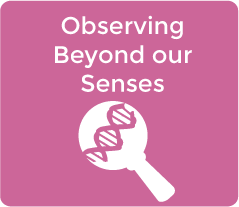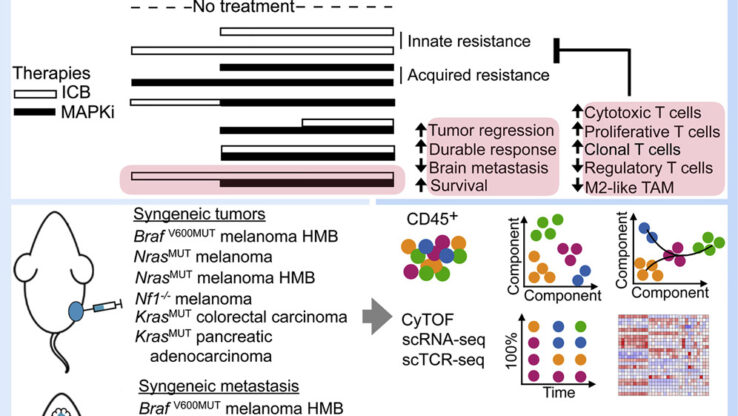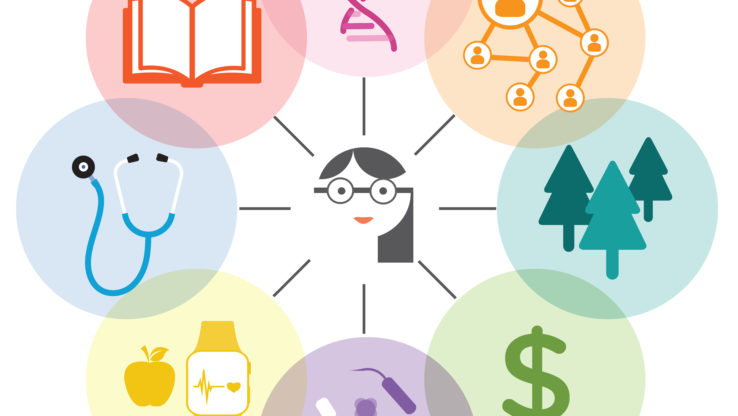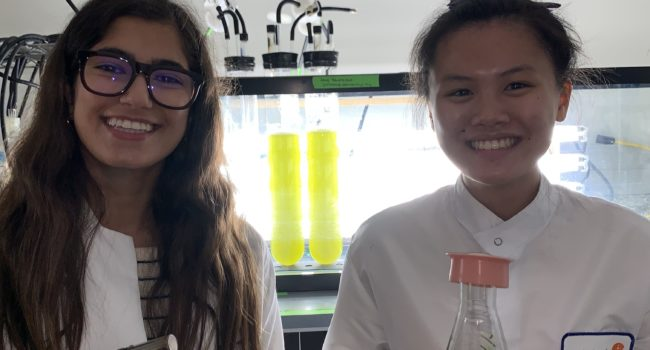SEP3 Science and Engineering Practice 3 – Planning and Carrying Out Investigations
 see.isbscience.org/ngss/sep3/
see.isbscience.org/ngss/sep3/Scientific investigations may be undertaken to describe a phenomenon, or to test a theory or model for how the world works. The purpose of engineering investigations might be to find out how to fix or improve the functioning of a technological system or to compare different solutions to see which best solves a problem. Whether students are doing science or engineering, it is always important for them to state the goal of an investigation, predict outcomes, and plan a course of action that will provide the best evidence to support their conclusions. Students should design investigations that generate data to provide evidence to support claims they make about phenomena. Data aren’t evidence until used in the process of supporting a claim. Students should use reasoning and scientific ideas, principles, and theories to show why data can be considered evidence.
Over time, students are expected to become more systematic and careful in their methods. In laboratory experiments, students are expected to decide which variables should be treated as results or outputs, which should be treated as inputs and intentionally varied from trial to trial, and which should be controlled, or kept the same across trials. In the case of field observations, planning involves deciding how to collect different samples of data under different conditions, even though not all conditions are under the direct control of the investigator. Planning and carrying out investigations may include elements of all of the other practices.






